You came back for more?! 👋
Thanks for returning to Kangaroo Politics where we put American politics in context for non-Americans.
This week:
🍽️ A look at the early shots fired among Republican Candidates at the renowned Lincoln Dinner (so called because it is usually held on Abraham Lincoln’s Birthday).
👴🏻 How old is too old to run for office?!
🗳️ And we are - bravely - trying to explain the difference between a primary and a caucus.
Did a mate forward you this newsletter? Bounce over here to sign up.
Got a friend confused by US politics? Help them out and forward them this week’s edition of Kangaroo Politics.
Suggestions? Want something explained? Let us know: [email protected].
WTF is happening in US Politics this Week? 🧐
🏎️ The Race to Iowa: Vengenance on the menu for Republicans
🦶 One foot in the grave: How old is too old to be in politics?
🗳️ Explainer: Primary vs Caucus
Iowa Republican Party invites the Candidates to dinner
Amidst a sea of pearl necklaces and red ties, the Republican Party upped the search for a candidate to take on Joe Biden in 2024.
All 14 republican candidates who have declared their candidacy for President were invited to address the annual Lincoln Dinner.
It’s a fundraiser, a Miss World type launch, held in Des Moines, Iowa.
The location is significant - it’s the state that will host the first actual voting among candidates in January 2024.
Sidebar: Iowa has been first in the Presidential nomination process since the early 70s (1972 for Democrats and 1976 for Republicans).
There is no good reason why but it has been controversial for years with accusations Iowa is too white and monocultural to be a good baromoter for the nation.
Regardless…on the Republican side, Iowa is still first, and so the Lincoln Dinner in Des Moines is an important early event.

Only Chris Christie opted out, muttering something about not caring about Iowa (although maybe he just had better things to do than listen to 3 hours + of speeches on how sh*t Democrats are.)
Each candidate was given a strict ten minutes at the mic by the all-powerful Iowan republicans.
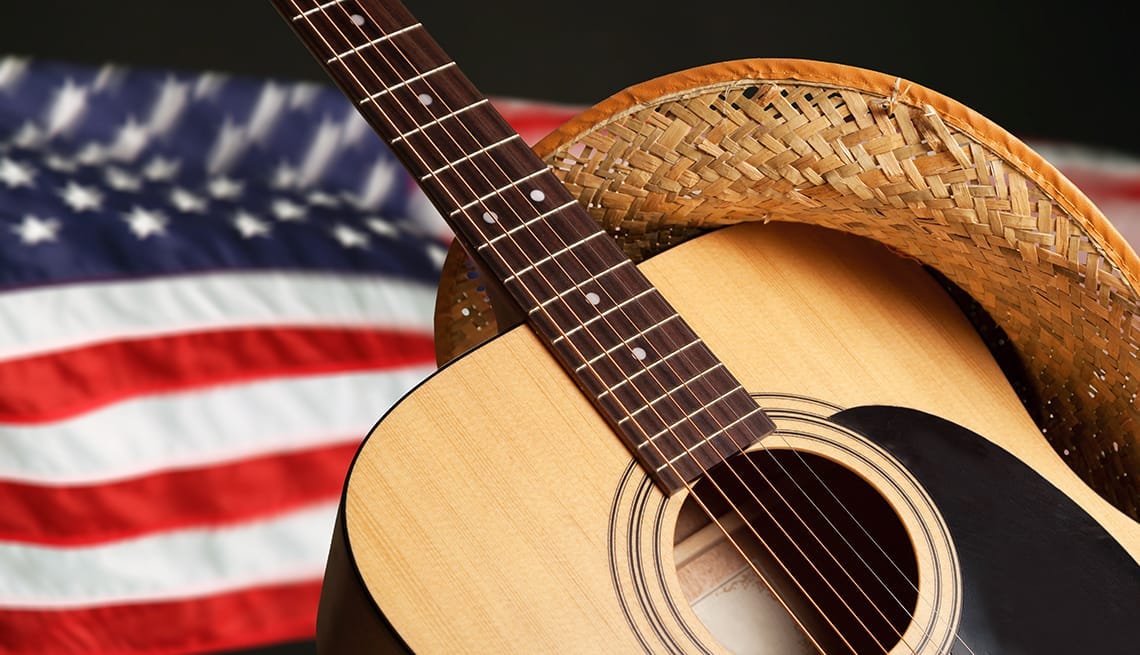
And the headstrong locals followed through on their threat with poor old Arkansas Governor Asa Hutchinson having his microphone cut right on ten minutes in favor of blaring country music…probably the oratory highlight of the evening.
The dinner, while largely performative given we are still 169 days away from the caucuses, was imporotant for the candidates who are jockeying to be the one standing ready should Trump falter or be locked up.
Texas Congressman Will Hurd tried to make a name for himself by going directly after Trump, saying that the former President was ‘running only to stay out of prison.’
This made the audience look up briefly from their after dinner mints with a few vocal defenders of Trump booing the congressman from the stage…or maybe they were ‘mooing’ in defence of the 400,000 Iowans employed in the agricultural sector? …Hard to tell. 🤷♂️
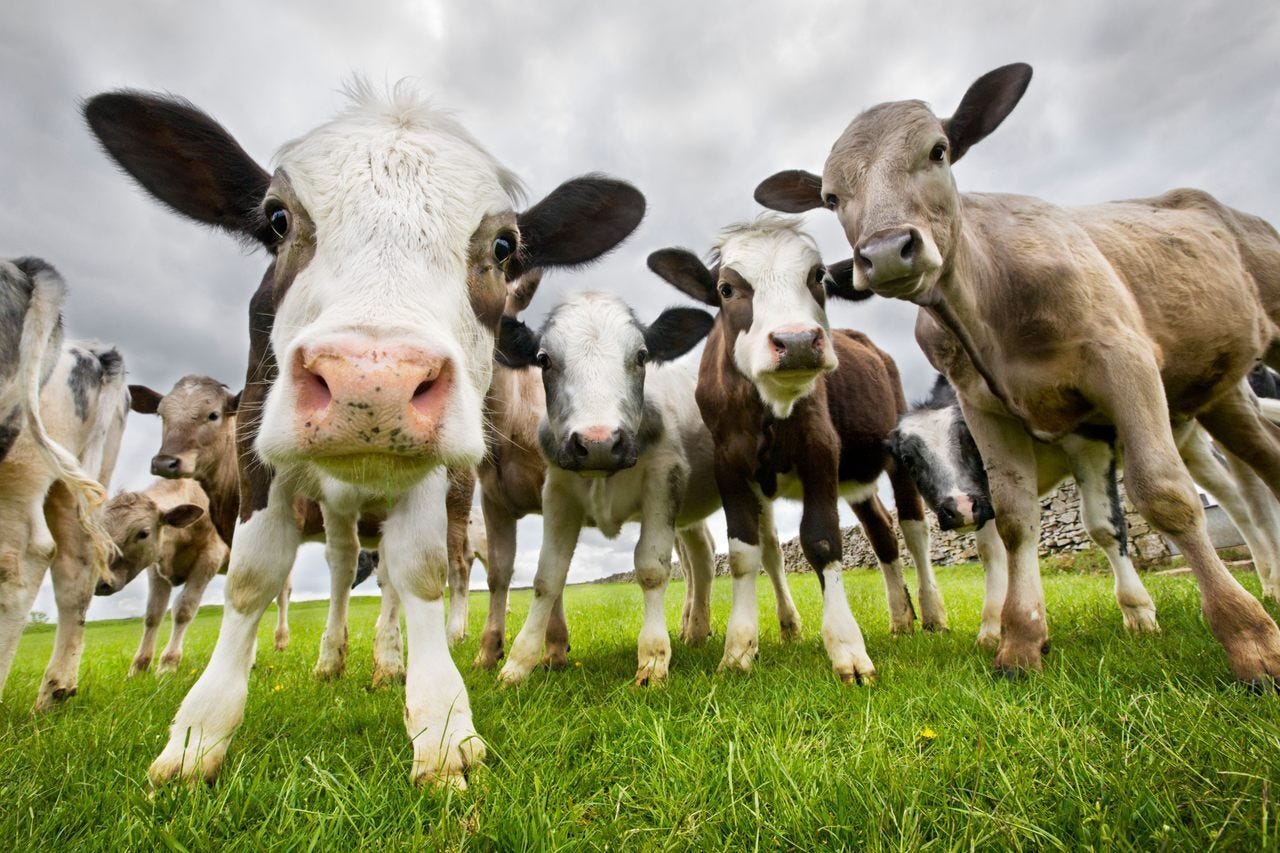
Most candidates were not as brave and stuck to their stump speeches…walking the fine line between annoying Trump voters and providing a clear alternative to the former President.
Senator Tim Scott (South Carolina) and Governor Ron DeSantis (Florida) appear to be the ones rising above the pack but the caucuses are not held until January 15th, 2024 so it is too early to tell if they have the firepower to take on Trump.
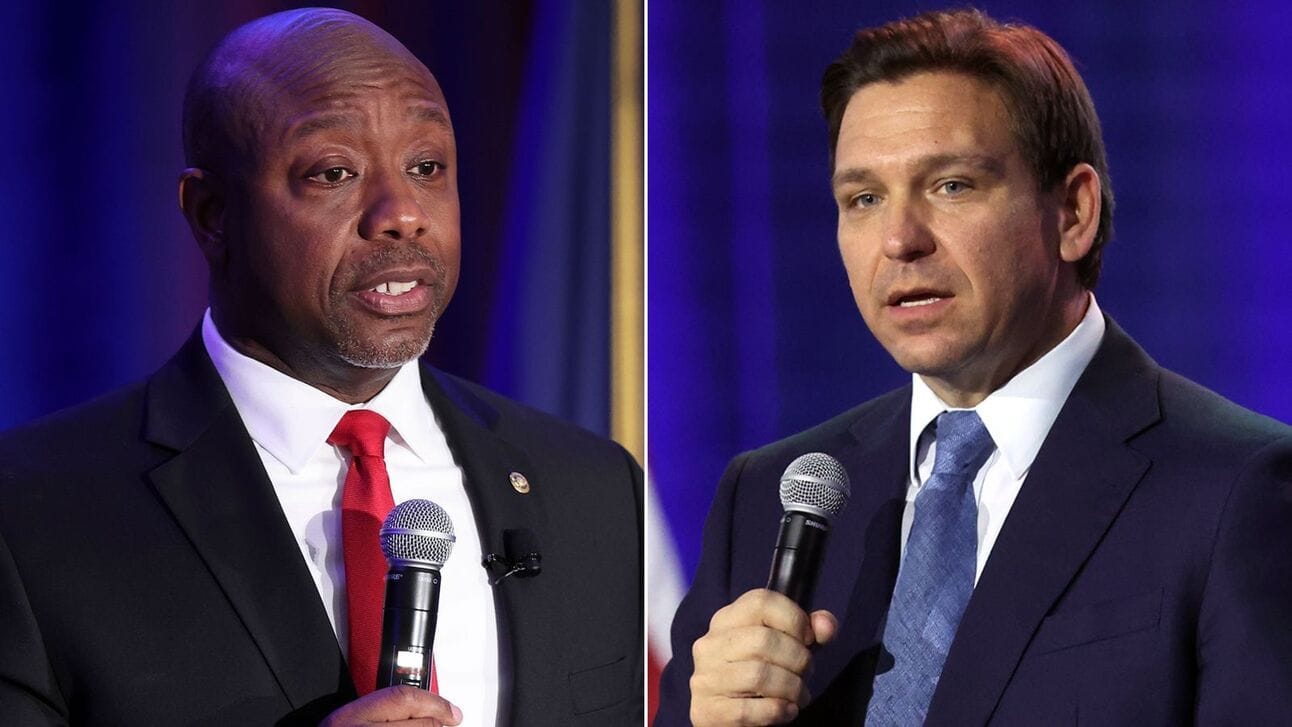
Senator Tim Scott of South Carolina (L) and Governor Ron DeSantis of Florida (R)
How old is too Old?
A weird thing happened in Washington this week.
An old man wandered up to a podium. But instead of addresssing reporters, he just stood there, frozen and staring into the distance for at least 20 seconds.
It was reminiscent of your grandpa wandering around the house looking for his keys…except the man was not your grandpa, it was the Senate Majority Leader, Republican Mitch McConnell.
At the ripe old age of 81, he’s the most important man in the Senate. His job is no joke, he decides:
which bills come to the floor
what can become law and
who sits on the most powerful committees.
There is speculation that McConnell had some kind of medical episode but he hasn’t yet explained what happened and whether it’s impacting his ability to do the job.

Meanwhle, just a few days later, 90 year old Democratic Senator Diane Feinstein appeared lost and confused when asked to vote in a committee meeting.
Both incidents are leaving pundits raising the question - how old is too old to serve in elected office?
For context - McConnell first took his seat in the Senate in 1985, the same year that Mikhail Gorbachev became leader of the Soviet Union!
Feinstein became Mayor of San Francisco in the same year that the first Garfield comic was written, in 1978. 😳

With an 81 year President Joe Biden and a 77 year old Donald Trump the presumptive nominees for their parties in the 2024 race - the uncomfortable question about age is looming large.
EXPLAINER: What’s the difference between a Primary and a Caucus?
For those not in the weeds of American politics, the word’s primary and caucus may seem interchangeable.
You may be vaguely aware that they refer to the process of voters getting to have their say about who the candidates will be when it comes to the ‘General’ election in 2024.
But Kangaroo Politics takes nothing for granted so here’s a little explainer. 😉
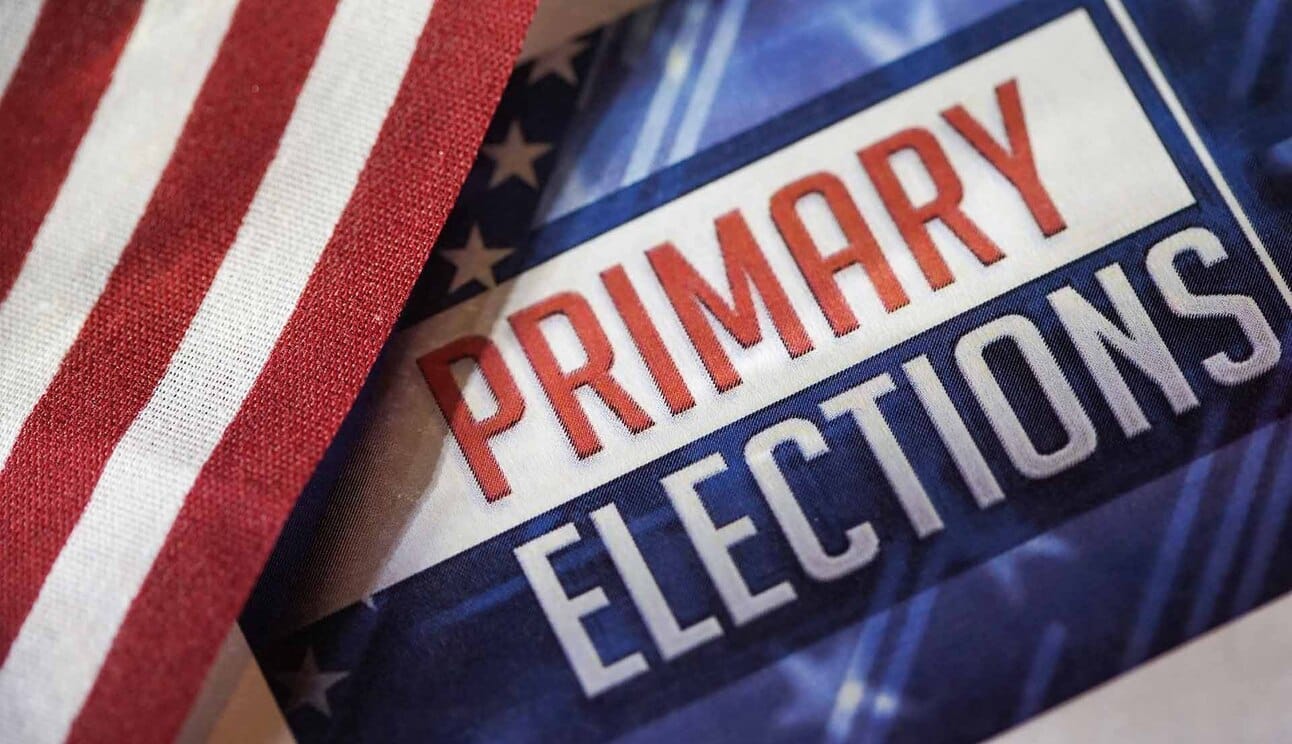
A ‘Primary’ is the process used by almost all states to pick between the Presidential hopefuls… it is pretty straightforward.
On a given day, voters are asked to turn up and vote for who they want to be the candidate.
Depending on the state, it might be a 'closed primary’ - where only those who are registered with the political party (Democrats or Republicans) are allowed to vote.
Or it may be an ‘open primary’ - where voters of any persuasion can vote.
Simple… right?!
A ‘Caucus’ is a whole other beast.
Traditionally, they were used by a whole bunch of states to decide their nomineee. But - they are becoming rarer with each election cycle.
Largely due to accusations of impropriety, difficutly in maintaining integrity and the fact that they take so damn long. (Participants tend to be there until the wee hours of the morning on caucus night).
Here’s how a Caucus works:
STEP 1: Those who want to have a role in deciding who will run for President have to turn up - in person - to their local school hall, town center or other voting location. They also need to be willing to stay put for hours on end.
STEP 2: The folks who show up irl are asked to form physical groups of people based on who they support.
i.e All the folks who support Candidate A form a huddle, the people who support Candidate B a separate group etc.
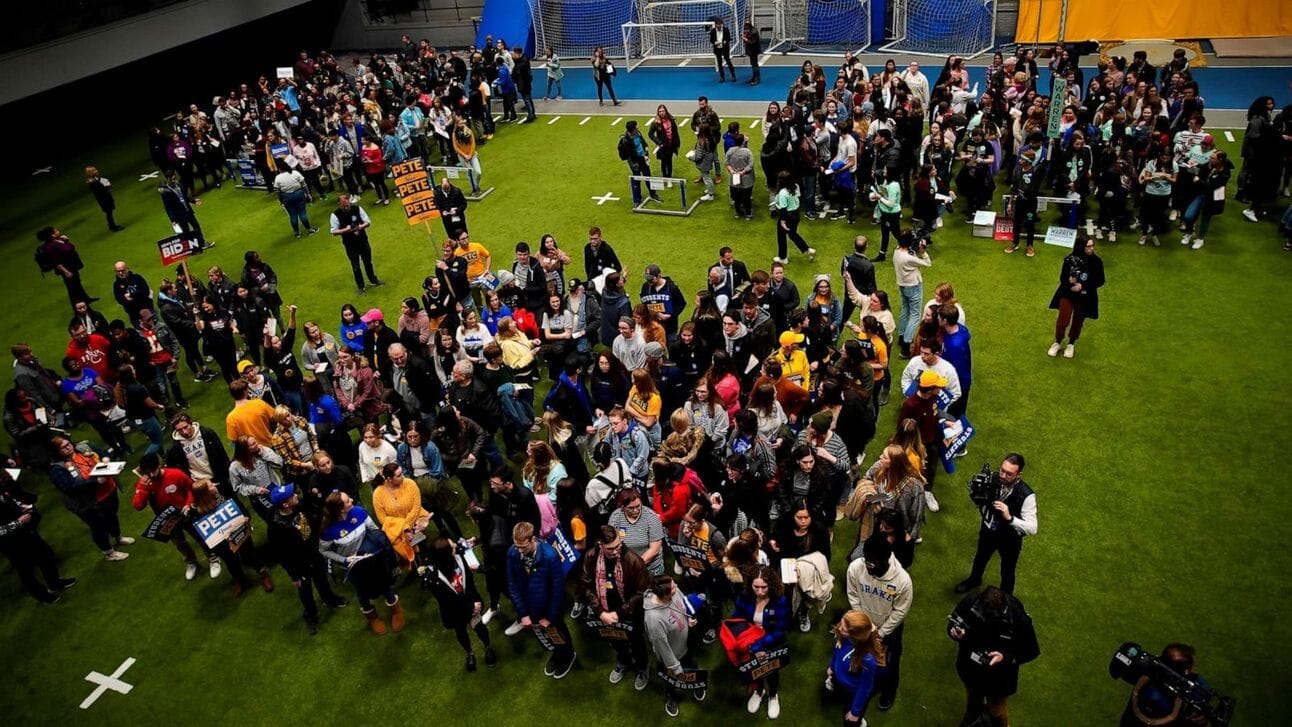
STEP 3: The group sizes are counted. The smallest clumps of people are disbanded and those candidates excluded.
STEP 4: Leaving those voters free to join a different candidate group. The new group sizes are counted, the smallest groups excluded and so the cycle continues until a winner is declared - the largest group at the end of counting.
Confusing and weird right? So perhaps it’s not surprising caucuses are slowly going the way of the dinosaurs.
But - there are a few states holding on.
Most notably Iowa which has traditionally been the first state to vote (although not this time for the Democrats, more on that next week).
Ever since Jimmy Carter went from potato farmer to Presidential front runner in 1972 after a good showing in Iowa, the caucuses have been important as a potential springboard to success.
So mark your calendars for January 15, 2024 and maybe even the early hours of Janury 16…to see if we are in for another Iowan surprise.
Last Bounce
That is all for this week...but there is a lot more on the horizon:
Speculation is mounting that charges will be added to Trump’s rap sheet and
Joe Biden and the Democrats are trying to move the national conversation towards…gasp…policy…let’s see how that goes!
So if you like what you are reading, please forward this to a mate and tell them they can sign up at www.kangaroopolitics.com
See you next week!
Ryan



